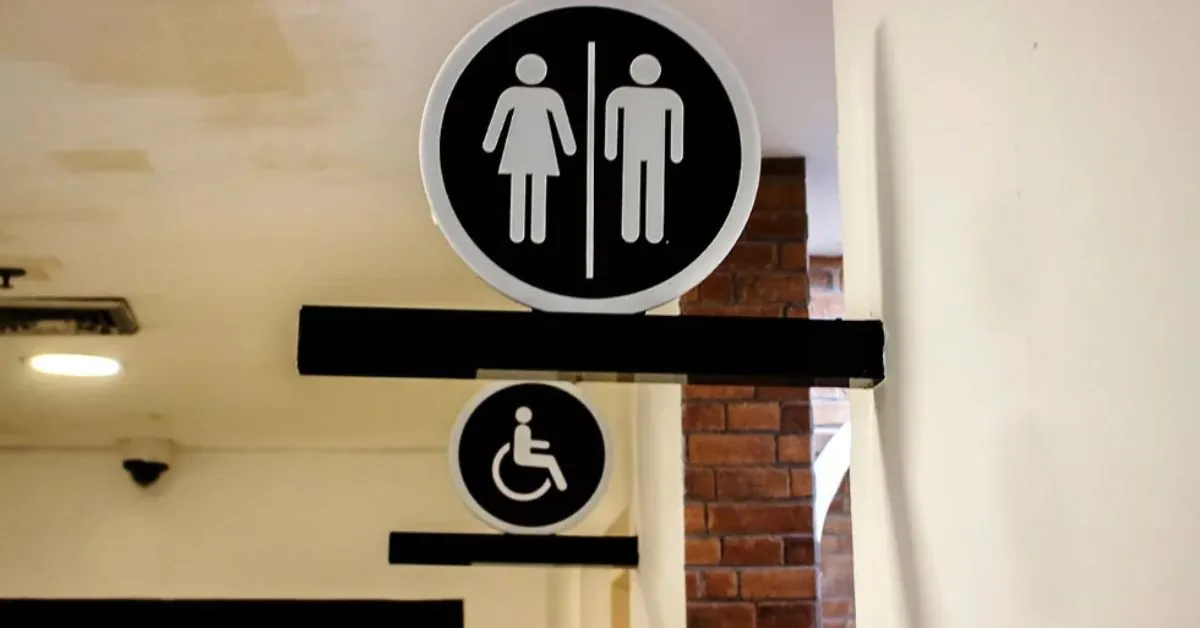A coalition of LGBTQ+ advocates is taking South Carolina to court over its bathroom law, which requires transgender kids to use toilets based on their assigned sex at birth. The bill requires K-12 schools to deny transgender students access to toilets that match their gender identity or risk losing a quarter of their state funding.
On Tuesday, supporters filed a complaint targeting Proviso 1.120, a July-implemented regulation they claim deprives trans pupils of fundamental rights. The bill requires K-12 schools to ban transgender pupils from using toilets that match their gender identity or lose a quarter of their state funding.
The case, filed on behalf of 13-year-old John Doe and the South Carolina LGBTQ+ advocacy organization Alliance for Full Acceptance, claims that Proviso 1.120 violates both Title IX and the Equal Protection Clause. “Proviso 1.120 is clearly illegal. Transgender students aren’t political puppets. Alexandra Brodsky, a senior attorney at Public Justice who represents the plaintiffs, said in a statement that their rights are not optional. “And the human stakes are too high for states like South Carolina to break the law to score political points. Thousands of students are paying the price with their health and educations.”
The South Carolina Department of Education released a memo on behalf of state superintendent Ellen Weaver that established severe compliance criteria. It directed districts to change washroom signs and student records, replacing references to “gender” with “biological sex,” which the state defines as “a person’s biological sex, either male or female, as objectively determined by anatomy and genetics existing at the time of birth.” According to the message, pupils can only enter institutions that do not match the gender on their original birth certificate in extreme circumstances, such as medical help or natural disasters. In all other cases, the memo urged districts to limit restroom use to students’ birth sex.
The lawsuit claims that Berkeley County school officials suspended John Doe for using the boys’ restroom. School administrators reportedly threatened to expel the young boy for using the restroom that aligned with his gender identity, prompting his parents to remove him from the school. “I will not tolerate school administrators or lawmakers dehumanizing my child because of their own stupidity. “Adults must educate themselves, read science, and stop attacking students,” John Doe’s father stated in a statement. “All students deserve to feel safe and supported in school, including my son.”
Joseph Wardenski, founder of Wardenski P.C., which also represents the plaintiffs, warned of the law’s long-term consequences for South Carolina’s transgender kids. “Proviso 1.120 harms countless transgender students in South Carolina every day it’s in effect,” Wardenski said in a statement. “As courts across the country have held, these types of restroom prohibitions subject trans students to unnecessary and preventable shame, anxiety, and bodily harm. To avoid these harms, we will petition the court to intervene promptly and halt South Carolina from executing this discriminatory policy.”
In 2020, the Fourth Circuit Court, which encompasses South Carolina, ruled in the Virginia case Grimm v. Gloucester County School Board that preventing transgender kids from using bathrooms that match their gender identification is unconstitutional. The plaintiffs allege that Proviso 1.120 openly disregards established precedent.
“Lawmakers who continue to target transgender youth with blatantly unconstitutional legislation should take note,” said AFFA executive director Chase Glenn. “If you pass these laws, you will be taken to court.”
The complaint requests an urgent injunction to halt the enforcement of the statute. If granted, the order would allow transgender children in South Carolina to use bathrooms that match their gender identity without fear of repercussions or harassment.











Leave a Reply